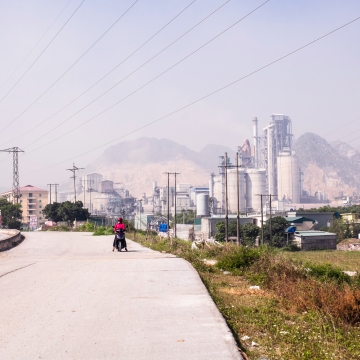
The 11th Congress of the Asian Association of Environmental and Resource Economics (AAERE)
You are invited to submit theoretical and empirical papers in all areas of environmental and resource economics for presentation in the 11th Congress of the Asian Association of Environmental and…




